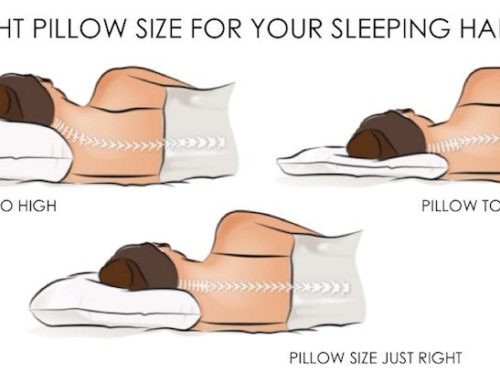In our modern world, a growing number of us are suffering from sleep disorders, which negatively affects our health and all aspects of our lives. Where is this coming from? What can be done to help? Those are the questions…and here are some answers:
From an evolutionary perspective, human beings are innately programmed to rise and set with the sun. In response to light, our body naturally releases cortisol, which is our main stress hormone. This mobilizes us for activity and movement throughout our day. As the sun goes down, cortisol levels naturally decline, and these decreased levels allow the release of melatonin and other growth and repair hormones. Physical repair takes place primarily during the hours of 10:00pm and 2:00am, when we are asleep. After 2:00am, our system focuses more on mental repair, which lasts until we awaken. The problem arises when we are too stressed, as this keeps our cortisol levels high while inhibiting our natural growth and repair hormones from proper release.
To further understand this cycle, it is important to have a basic understanding of how our central nervous system works. Sleep is regulated by our autonomic nervous system, which is divided into two branches: the sympathetics (stress response) and the parasympathetics (rest & repair). Most of us in today’s society have overly-activated sympathetics – with traffic, computers, toxins, and fast-paced lifestyles driving our daily stress. This type of lifestyle keeps our cortisol levels high at night, thus preventing our transition to proper sleep.
In order to correct this problem, one needs to inhibit the sympathetics by stimulating the parasympathetics. In my opinion, Upper Cervical Care is the most efficient way of doing this, because the Upper Cervical spine (C1, C2) has the most concentrated parasympathetic input into the central nervous system. By restoring balance to the nervous system, our bodies’ are able to naturally regulate our sleep and repair cycles. Proper sleep enables us to optimally heal, digest, and regulate mood & energy throughout the day. When we don’t sleep, our relationships suffer, our work suffers, and our overall health suffers.
In short, sleep affects everything we do and how we live our lives. The more we sleep, the more we can enjoy play – and ultimately improve the quality of our lives and the lives of those around us. Keep in mind: it takes an integrative approach to get the best results.
Sleep Tips:
- · Balance the nervous system!
- · Get to bed by 10:00pm
- · Sleep in a room that is completely dark
- · Read fiction before sleep
- · Avoid stimulants (caffeine & sugar) after lunch
- · Unplug electrical appliances in room (radios, TVs, clocks, lights)
- · Exercise
- Chek, Paul. How to Eat, Move and Be Healthy. San Diego: A Chek Institute Publication; 2004.
- Felton, David L. and Josefowicz, Ralph F. Netter’s Atlas of Human Neuroscience. New Jersey: Icon Learning Systems LLC; 2003.







